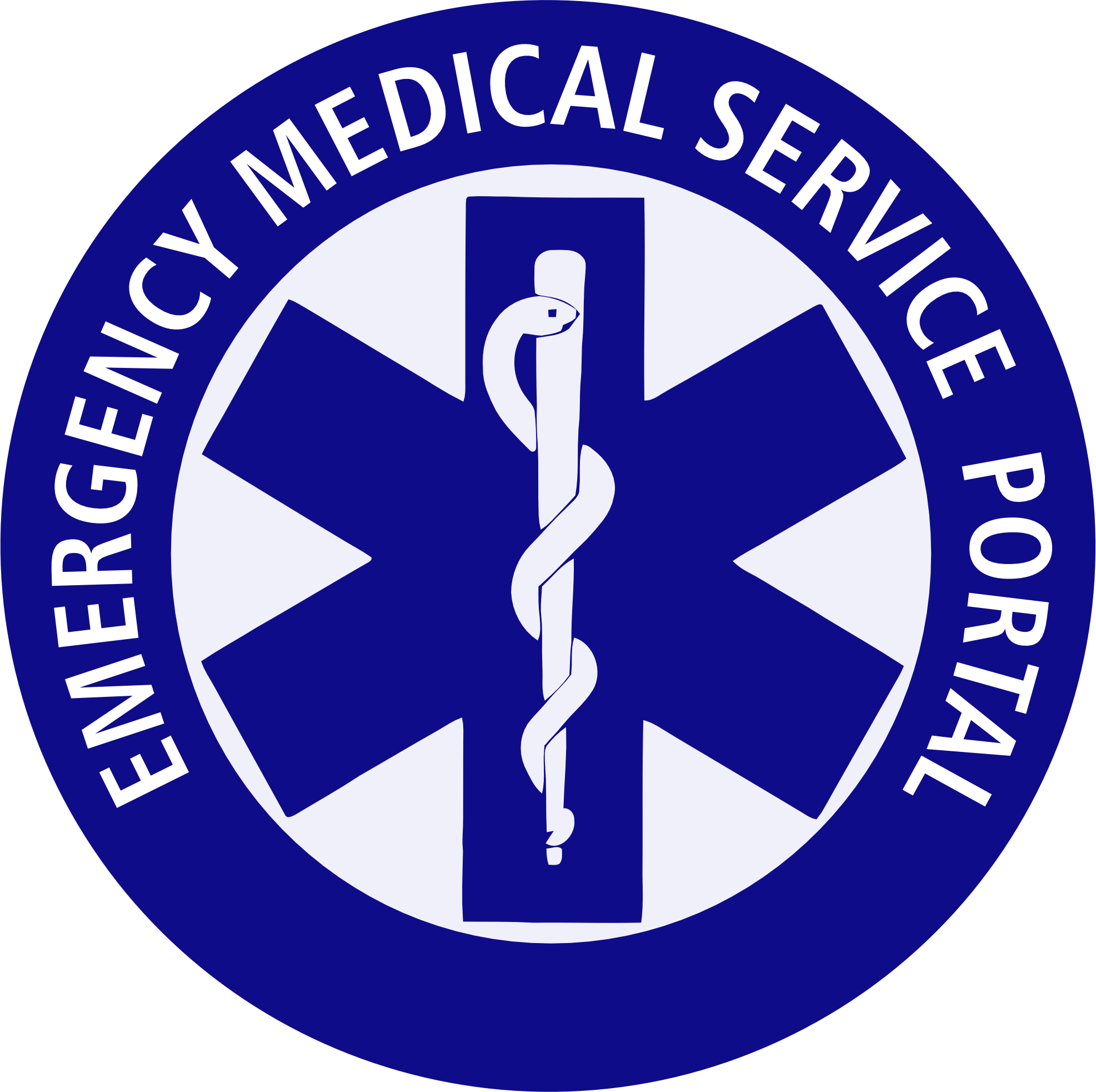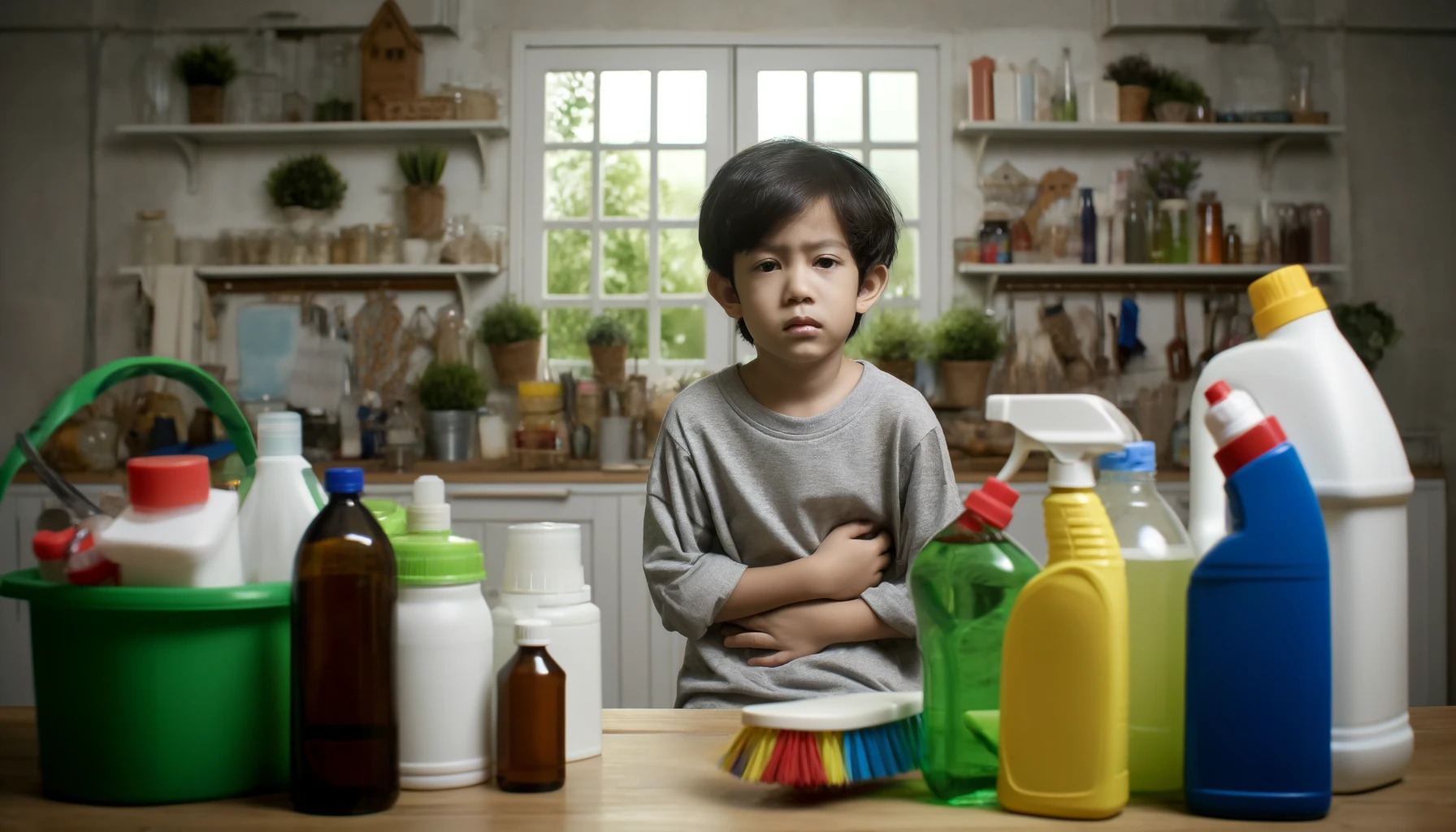Poisoning in children is a serious problem that can arise from various sources, such as household chemicals, medications, plants, and food. Here is a detailed overview of the most common causes, symptoms, and first aid measures for poisoning in children.
Common Causes of Poisoning
- Household Chemicals
- Cleaning agents (bleaches, detergents)
- Pesticides
- Paints and solvents
- Medications
- Prescription medications
- Over-the-counter medications (analgesics, vitamins)
- Iron supplements
- Plants
- Certain indoor and outdoor plants (e.g., oleander, philodendron)
- Food and Drink
- Contaminated food
- Alcohol
- Certain berries and mushrooms
- Cosmetics and Personal Care Products
- Perfumes
- Mouthwash
- Nail polish remover (acetone)
Symptoms of Poisoning
Symptoms of poisoning can vary significantly depending on the type and amount of substance ingested. Common symptoms include:
- Gastrointestinal Symptoms: Nausea, vomiting, diarrhea, abdominal pain
- Respiratory Symptoms: Breathing difficulties, cough, wheezing
- Neurological Symptoms: Dizziness, drowsiness, confusion, seizures
- Dermatological Symptoms: Rashes, burns, skin redness
- Cardiovascular Symptoms: Irregular heartbeat, low blood pressure
First Aid Measures for Poisoning
- Identify the Substance: If possible, try to identify what the child has ingested, inhaled, or come into contact with.
- Remove the Child from the Source: Ensure the child is away from the source of the poison to prevent further exposure.
- Do Not Induce Vomiting: Unless advised by a medical professional, do not induce vomiting as it can cause additional harm.
- Check Breathing and Consciousness: Ensure the child is breathing and conscious. If unconscious or not breathing, call emergency services immediately and start CPR if necessary.
- Call the Poison Control Center or Emergency Services: In Croatia, you can contact the Poison Control Center at 01/2348-342 or call emergency services at 112 for immediate assistance.
- Follow Instructions: Follow the instructions given by the poison control center or emergency services. They may advise giving the child water or milk or taking them to the hospital immediately.
- Bring the Substance to the Hospital: If possible, bring the container or packaging of the ingested substance to the hospital for identification.
Prevention Tips
- Keep Hazardous Substances Out of Reach: Store chemicals, medications, and other potentially dangerous substances out of children’s reach, preferably in locked cabinets.
- Use Child-Resistant Packaging: Ensure all medications and hazardous products are in child-resistant packaging.
- Clearly Label Everything: Ensure all containers are clearly labeled and do not store hazardous substances in food or drink containers.
- Educate Children: Teach children about the dangers of certain substances and the importance of not putting unknown objects in their mouths.
- Proper Disposal: Dispose of expired or unused medications and chemicals properly to prevent accidental poisoning.
Emergency Contact Numbers in Croatia
- Poison Control Center: 01/2348-342
- Emergency Services: 112
By following these guidelines and maintaining vigilant supervision, you can help prevent poisoning incidents and ensure the safety of children in your care.



0 Comments